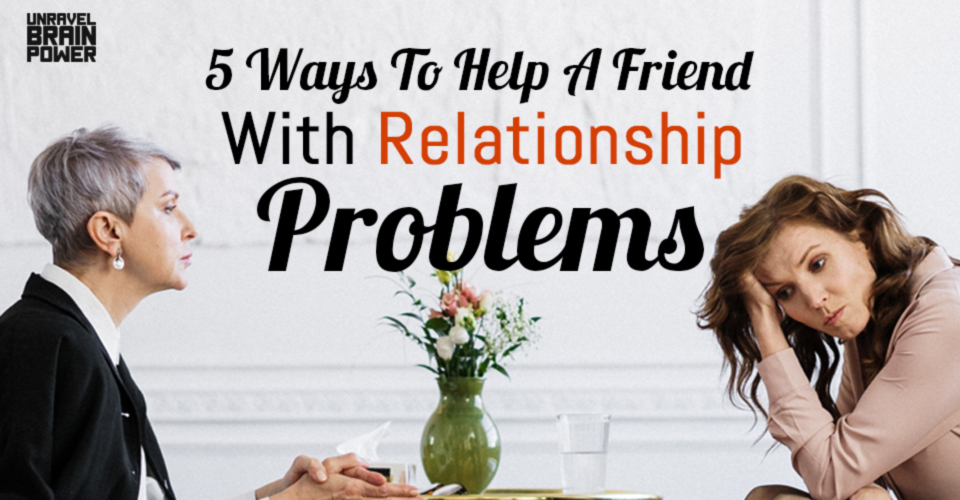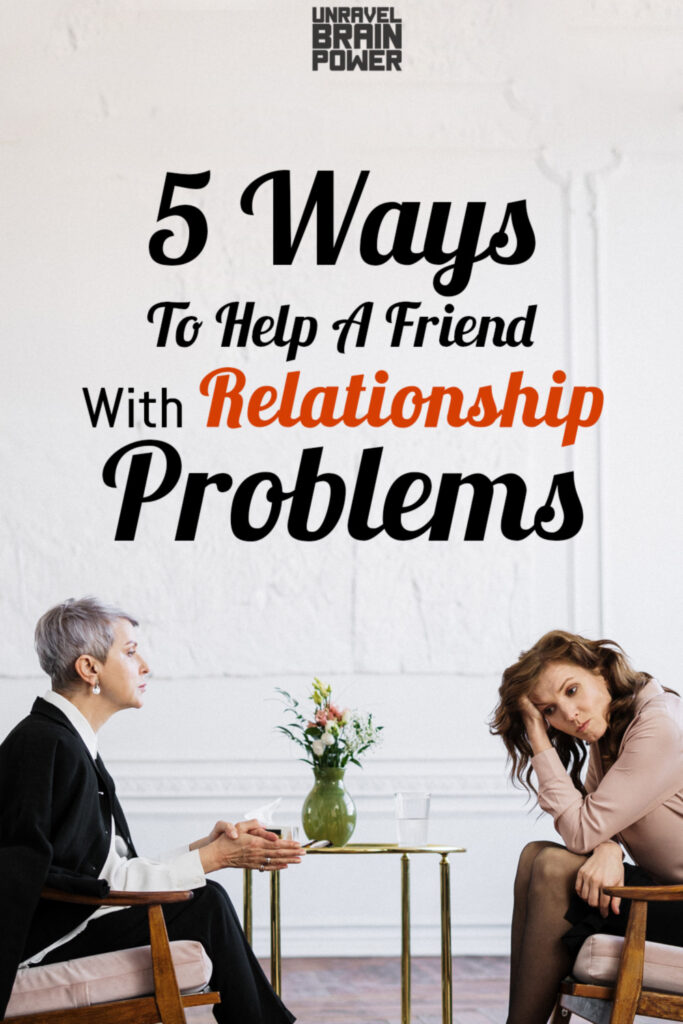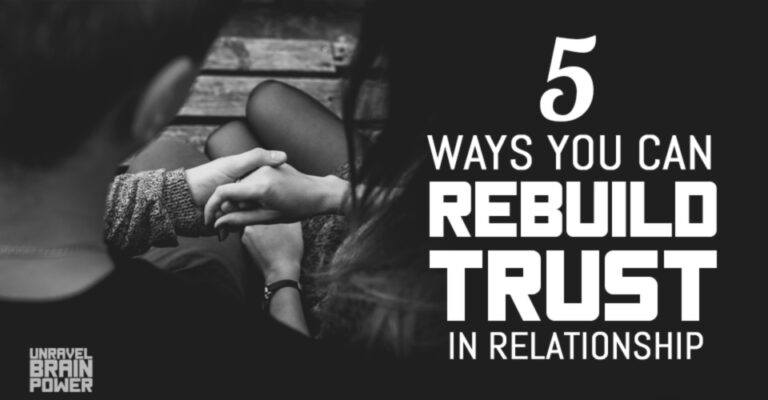
We all socialize, and we all make friends in due course of time, and some people grow on us and become much more closer to us than we had ever anticipated. These are the people we consider to be our close friends, and they will be the people on whose shoulders we can lean on, and at some point in time, they will expect the same reciprocation and emotional support from our side. We all need a friend to vent our frustrations from time to time and they will look for the same support from your side because they have supported you in the past.
Most people face relationship issues or some sort of problems with their partner. Problems can arise due to various reasons. These include issues with compatibility, mutual understanding of each other, issues with some negative personality traits or elements of each other, and even worse decision making at some point in time. All these problems best be dealt with mutually, and with enough adjustment from both sides.
Sometimes, however, you really need a third person or a third party to listen to you, and these people, your close friends might just be the ones who provide an optimal solution for the problems that you are facing.
However, as a friend, you might just find yourself to be stuck in a rather awkward situation and feel uncomfortable extending the support that your friend needs, simply because you don’t know how to. Furthermore, you may feel overburdened and stressed and left in a state of anxiety if you unknowingly take on too much of a friend’s burden. Therefore, you need to find the right balance between taking on too much load, i.e., caring too much and being completely aloof and detached from your near and dear ones.
Below mentioned are some tips which will come in handy for you when you want to help out a friend with their relationship issues and provide an optimum solution, or at least be supportive of them as much as you can.
1. Have a balanced approach:
While this step is certainly easier said than done, taking initiative for the same would be the first thing you should do if you really want to help your friend. Take care of not coming across as too much overbearing or intrusive. Avoid using harsh words or being too hard or brash, because it is their personal matter, after all, a tread you should carefully tread on because they are likely to be sensitive about the issue. However, this does not mean that you will remain completely aloof or detached from the entire issue because they need your support and guidance to deal with the matter.
2. Make sure clear, distinct boundaries are set:
Boundaries are important in case of any human connection or interaction, be it for friendships, relationships, or even mere acquaintances. Boundaries must be clearly and explicitly described to avoid confusion between two parties. This step would prove to be beneficial for both you and your friend since you can help them out without owning their problems directly because you do not want to be in a position like that, no matter what.
3. Avoid giving direct advice:
This holds true especially when they have not asked for your take or advice on the matter, and even when they ask you, you should avoid being too direct with your opinion because it is their personal matter after all. When you are being direct with your point of view and advice, you are not only engaging with the other person but also involving yourself in the problem in some way or another – a situation you strictly want to avoid.
This way, you are also sending a very wrong message to your friend that you are in control of the way they are handling their life and have some amount of right or say over, them, which would be very wrong. Also, if they do take your advice and it goes completely wrong, they will have one person to blame – you. Therefore, it is best for the benefit of you both that you do not go down this path and do not get directly involved.
4. Focus more on being an active listener:
When you are actively listening to your friend, they will feel comforted, having a person in your life with an ear to lend truly feels great. When you listen, you focus more on knowing their problems before blabbering out some nonsensical advice that would do little good. Your friend will feel secure with you as a supportive shoulder to lean on to, and they will not feel alone in such a trying and difficult time. Having a companion to listen to your problems with undivided attention truly is blissful.
5. Ask questions to clarify:
Asking questions to clear up matters where it seems that there are some gray areas would definitely prove to be helpful because it would let you know the entire facts and not just some parts of the story. Often what happens when we listen to our friends is that we end up hearing one side of the story, and being terribly biased towards them because they are people close to us and completely ignoring the person on the other end of the story. This should not be the case. It is always best to have a neutral standpoint and approach towards any matter.
The above described are some ways in which you can support your friend and provide them a helping hand while they are dealing with problems with their relationships or their personal lives. These tips will certainly come in handy and strengthen your friendships and dynamics that you share with others!
Read more: 15 Qualities of a Good Friend
Pin for later






